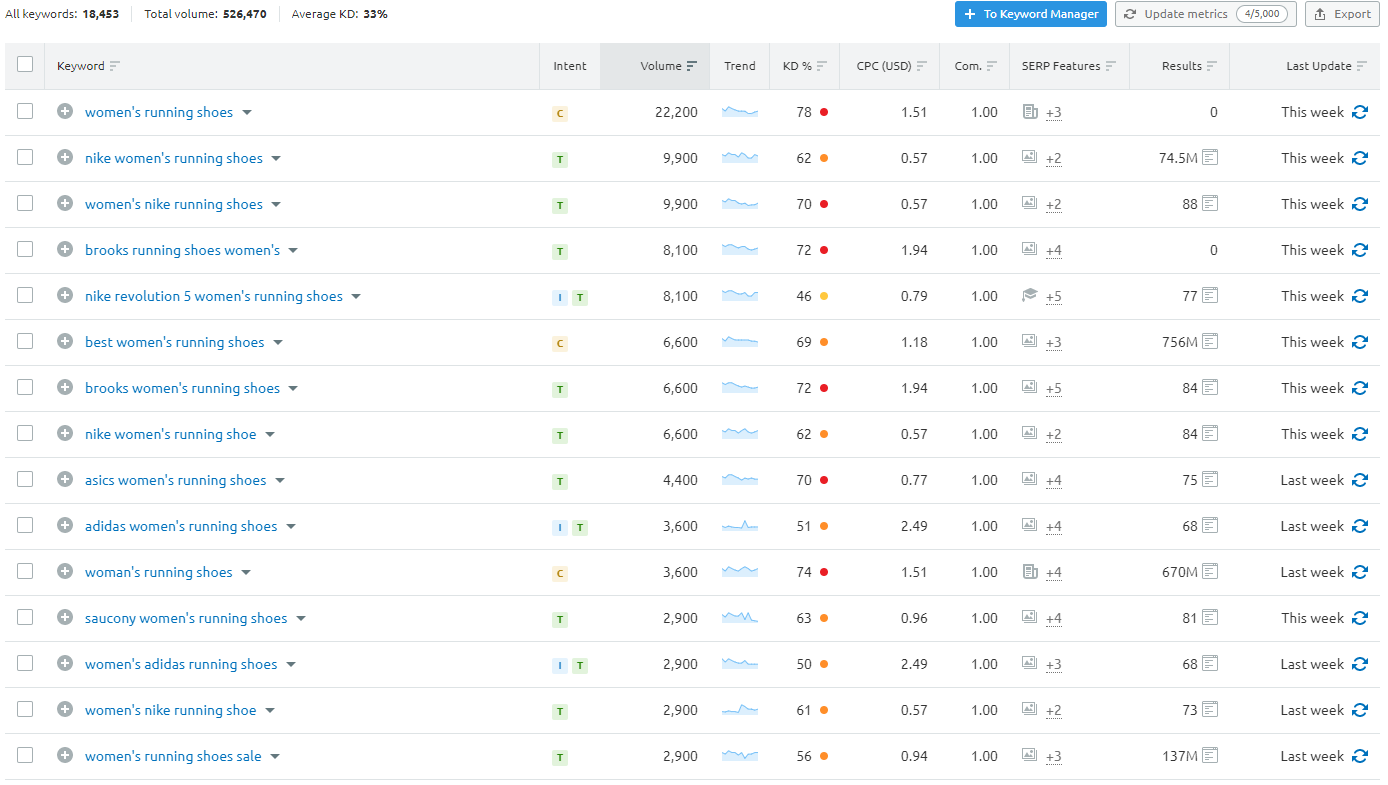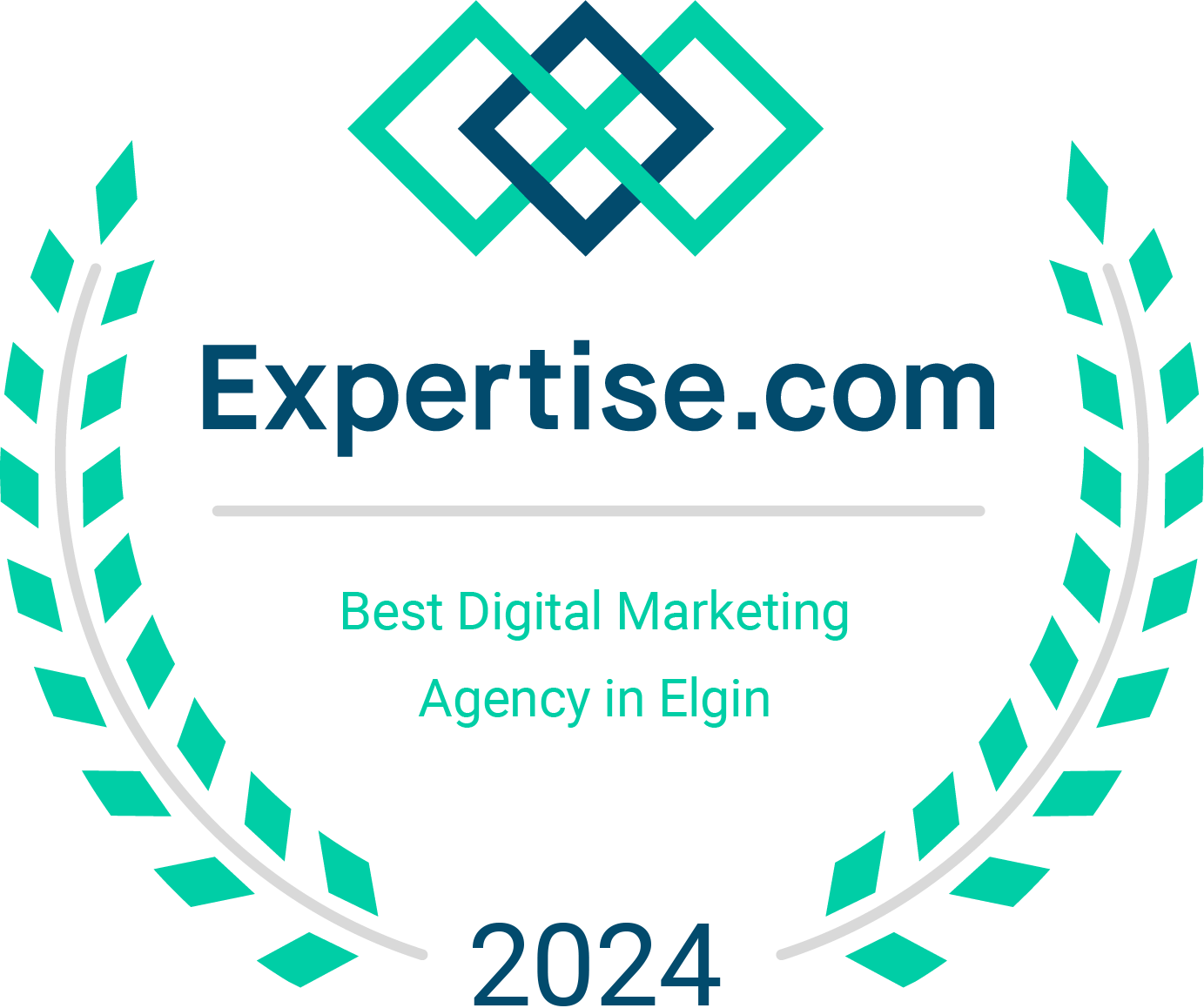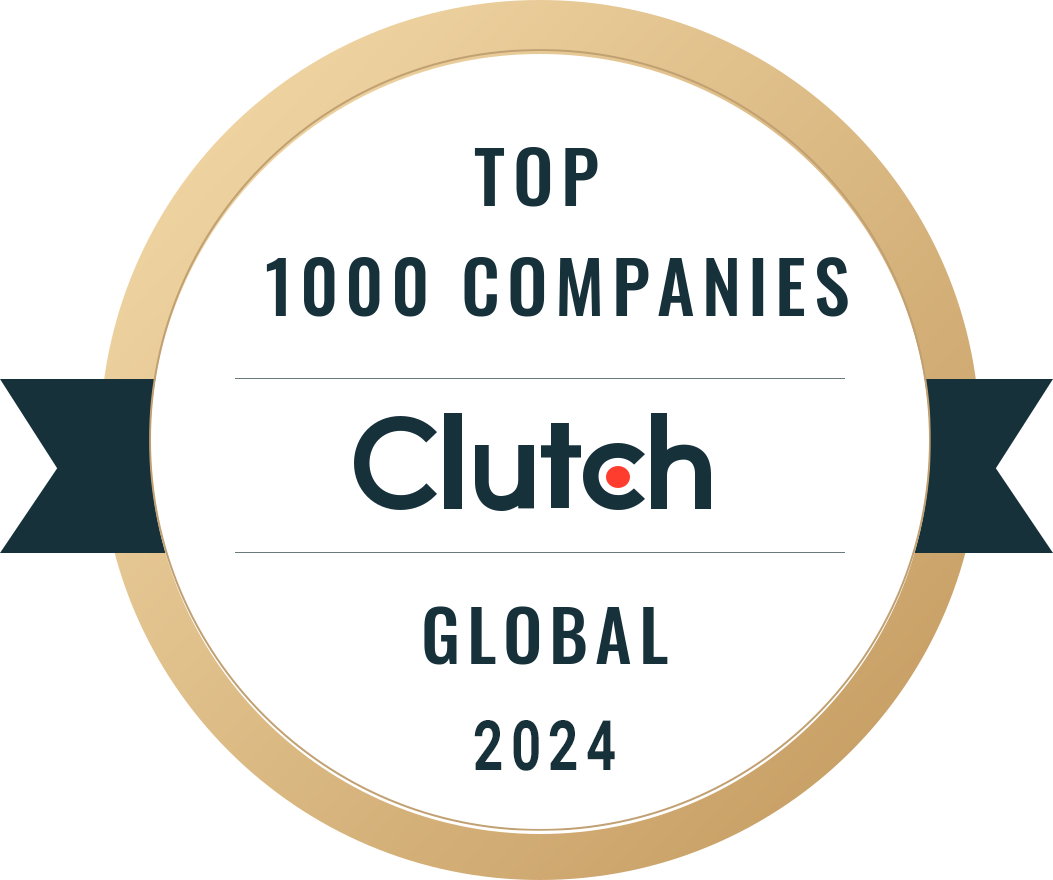How Can I Get My Business Found Online?

Online visibility is increasingly important for thriving businesses in the modern age. This applies to digital businesses and brick-and-mortar storefronts. If shoppers are able to check a brick-and-mortar store’s inventory online, they are more likely to visit the store.
However, getting found online is not as easy as having a website, although this is an essential starting point. Only a slim percentage of the internet appears in Google search results. Most websites are invisible! Web pages that do appear in search results don’t get there by accident.
So, how can you get your business found online? Read below.
Build a Website/ Evaluate Your Current Site
Even if you already have a website, don’t skip this point. A website is a must, but not all sites are created equal. Your website is the foundation for all the other digital marketing efforts I’ll explore in this blog.
At a minimum, make sure your new/ current website is:
- Visually-appealing
- Mobile-friendly
- Compelling
- User-friendly
Need help with this? Our website development team can take a look at your site and provide an evaluation of the current state of your website.
Once you’re equipped with a Google-ready website, you’re set to move on.

Websites with style, purpose, and strategy.
You only have seconds... Does a glance at your current website effectively communicate who you are, what you do, and why it matters to your visitor? Our web design blends beautiful on-brand design with intentional marketing strategy to ensure your website both captivates and converts. We believe your website should actively draw an audience, connect with them, and most importantly, motivate them to take action.
Make Sure Your Website Is Indexed
Before you can get found on Google, you have to ensure that your website is indexed. Indexing is a prerequisite to ranking. Ahrefs wrote an excellent, in-depth article on Google indexing, and I would recommend this resource for a deeper dive into this topic.
For a quick overview, we included brief points from the brains of our experts at RivalMind, as well as a few important elements from Ahrefs’ blog, mentioned above.
There are two basic ways to check if you’re website is indexed on Google.
- First, search “site:yourwebsite.com” on Google. The results should show how many of your website pages are indexed by Google. You can also check the index status of a single URL by searching “site:yourwebsite.com/web-page-slug.”
- Alternatively, navigate to Google Search Console and select your “Coverage” report. Here, you will see a number of pages with errors or “valid with warnings.” This number corresponds to the number of pages Google has indexed. Using the “URL inspection” tool, you can also inspect individual pages. Simply paste the URL into this tool. Indexed pages will return this message: “URL is on Google.”
So, what should you do if your website pages are NOT indexed on Google yet?
- Navigate back to Google Search Console’s “URL inspection” tool.
- Paste the URL that you would like indexed.
- Click “Request indexing.”
As a rule of thumb, whenever you publish a new blog or page on your website, submit it to Google Search Console this way for indexing. Though Google may find and crawl the page eventually, submitting it expediates the process.
Additionally, you can submit an XML sitemap to Search Console. This is a “roadmap” of your website, giving Google an overview of all the pages that are important to be indexed.
Consider Keywords
Keywords are the phrases your target audience searches to find the products, services, and/or information you offer. In other words, keywords are the conduit through which your business is found on Google! Because of this, your website pages should be “mapped” or organized around important keywords and your ongoing content strategy (discussed below) should utilize keywords.
Where should you start?
Identify the keywords that are important to your target audience!
Use keyword research tools to help with this. SEMrush and Moz are excellent paid keyword research tools, and Google Keyword Planner is free. Create a list of phrases that you think your target audience might be searching, then compare these with your tool of choice. Keyword research tools let you know if the phrase is actually searched by internet users, then suggests hundreds (often thousands) of variations to consider. Using these suggestions, you can build a robust, comprehensive list of keywords to target on your important pages and future content strategy.
For example, let’s say your shop sells women’s exercise apparel, and you want to be found on Google for “women’s running shoes.” I typed this phrase into SEMrush – my personal favorite keyword research tool – and found 18,453 variations of this phrase.

The image above is a small snippet of the results. This data shows me that people are searching for “women’s running shoes,” but they’re also searching for thousands and thousands of variations, many of which may be easier to get found on Google for – especially if Nike, Adidas, and Nordstrom are your primary competitors.
The importance of content creation
Content, such as blog posts, press releases, and whitepapers, should be written and published consistently to provide value to your target audience. Utilizing keywords to understand what your target audience is searching for is the best way to do this.
For example, using SEMrush, I found that a question related to “women’s running shoes” is “what are the best women’s running shoes for plantar fasciitis?” For my fictional women’s exercise apparel store, answering this question would be an excellent blog topic – answering a common question and targeting a relevant keyword.
Fun fact! Sometimes, popular keywords with great search volume are not the best to write towards immediately. Often, they’re competitive and difficult to rank for. On the other hand, long-tail keywords, or “unpopular keywords,” have low search volume and low difficulty, but can accumulate to significant website traffic over time. We recommend a combination of both.
In summary, create a content calendar, write towards keywords, and publish consistently.
Want a free same-day SEO health scan?
No strings attached - receive a comprehensive report covering 140 unique data points about your website's technical SEO health in 24 hours or less!
Main SEO Page - Free SEO Health Scan
Join Social Media
What does social media have to do with getting found on Google? More than you might think.
- Social media platforms rank on Google, providing additional opportunities to get your business found.
- Google notices when businesses are active on social media platforms and rewards them – though the extent to which Google rewards these “social signals” is unknown.
- Social media platforms are excellent places to share your content.
The benefits of social media are many, even extending beyond Google visibility. Simply stick to the platforms that are relevant to your business and post consistently.
RivalMind: Get Found on Google
At RivalMind, we are in the business of connecting people with businesses in meaningful ways. We specialize in strategic web development, search engine visibility, and social media management.
To learn more, reach out at (331) 228-9636 or via our online contact form! A strategist will respond promptly.

Meet the Author
Harley Helmer
Director of Search Marketing
Harley Helmer is a digital marketing professional with nearly a decade of experience in the industry. Today, he's the head of search marketing strategy at RivalMind, responsible for developing and executing comprehensive SEO campaigns that improve online visibility and boost organic traffic. His pragmatic, no-nonsense approach to marketing – paired with a robust knowledge base – helps him deliver innovative solutions to technical challenges and deliver real client success.
Specialties: SEO Strategy, Google Ads, and Search Marketing Opinions
Looking for more organic website traffic?
Welcome to RivalMind. Our purpose is to help your business thrive. We are a digital marketing agency that offers SEO, PPC, Web Design, Social Media and Video Solutions as tools to our clients for online business development and growth.
Contact us today to get started!
Blog Contact Form
Connect with Us:








